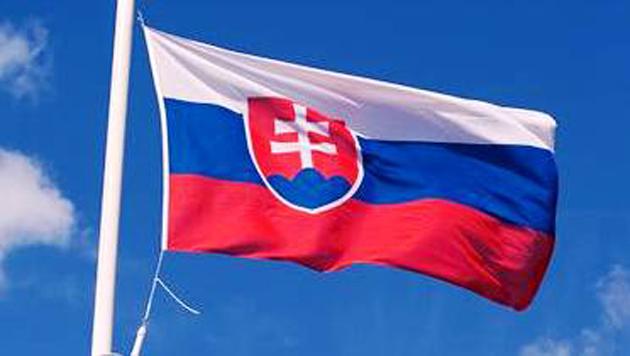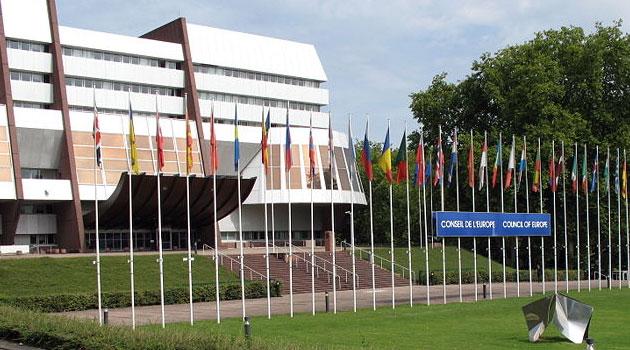Council of Europe: Anti-minority rhetoric common among Slovak political class

The Council of Europe (CoE) has recommended Slovakia intensify its efforts to integrate Romani people and that it toughen up its prosecutions of crimes that are ethnically, racially or religiously motivated. The recommendations are based on the most recent evaluation report by the European Commission against Racism and Intolerance (ECRI) of the CoE.
ECRI warned of anti-Romani displays in the country even as it expressed appreciation for progress regarding minority protections in Slovakia. "A negative factor in Romani inclusion is their restricted access to employment. Insufficient access to education and the resulting lower level of Romani people’s qualifications only partially explains this situation," says the report, which was provided to the press by the Slovak National Center for Human Rights.
According to ECRI, the high level of Romani unemployment is also related to the fact that labor offices do not provide Romani people there with the necessary support when seeking employment. ECRI is calling on Slovakia to enforce measures to aid Romani people in the areas of education, employment and housing, including combating cases of Romani pupils being assigned into "special education" instead of standard school facilities.
According to the study, conducted last year, there are more than 400 000 Romani people living in the country of five million, a number almost four times that produced by the most recent census in 2011. Most Romani people live in one of roughly 800 settlements throughout Central and Eastern Slovakia.
ECRI also drew attention to politicians’ statements targeting members of various minorities, including the Romani one. " ‘Anti-minority’ rhetoric, particularly statements aiming to incite anti-Romani sentiment to win voter support, is a common phenomenon among politicians through the political representation," the report warns.
In that context, the report recalled, for example, last year’s declaration by Slovak PM Robert Fico that minorities are not loyal to the state and just expect handouts. ECRI also noted that last year right-wing extremist leader Marian Kotleba was elected head of the Banská Bystrica Region.
ECRI has urged Bratislava to halt state subsidies to political parties working against human rights and to make it impossible for persons convicted of racism to run for public office. In addition to the situation of the Romani minority, ECRI also mentions the position of LGBT people in Slovakia, recommending that the costs related to sex change operations be covered by the public health insurance system.
